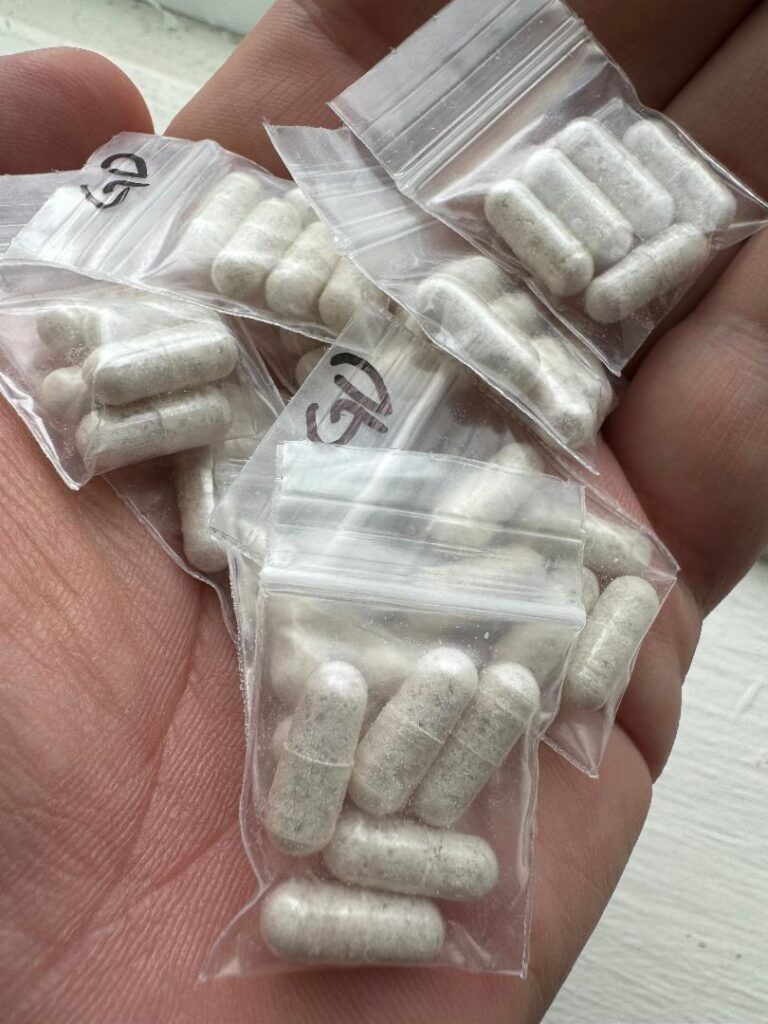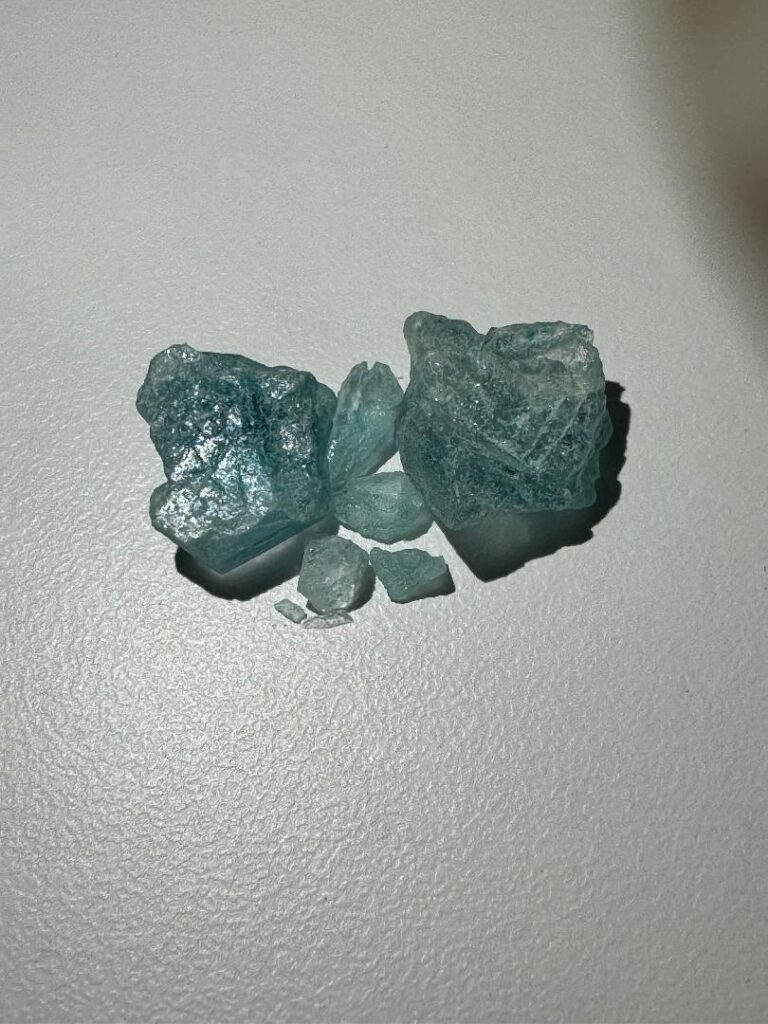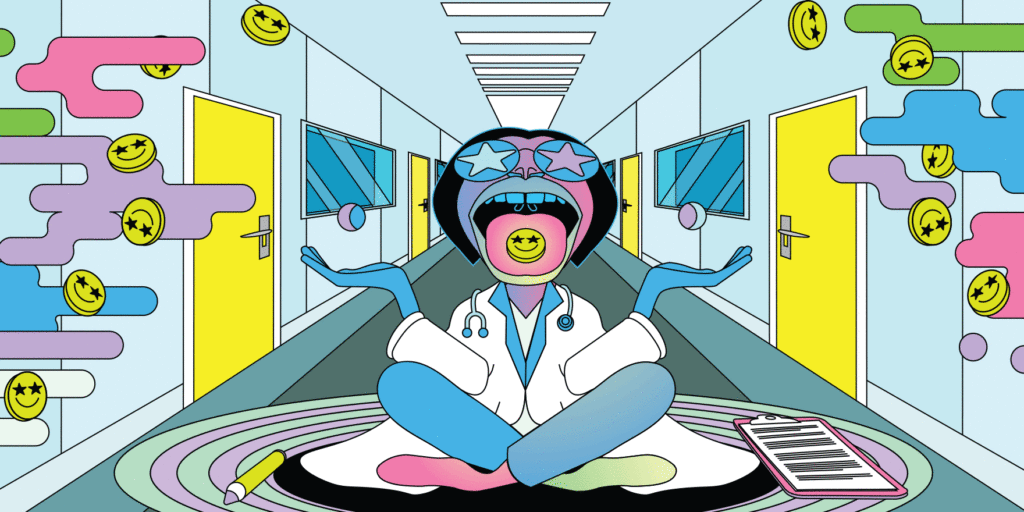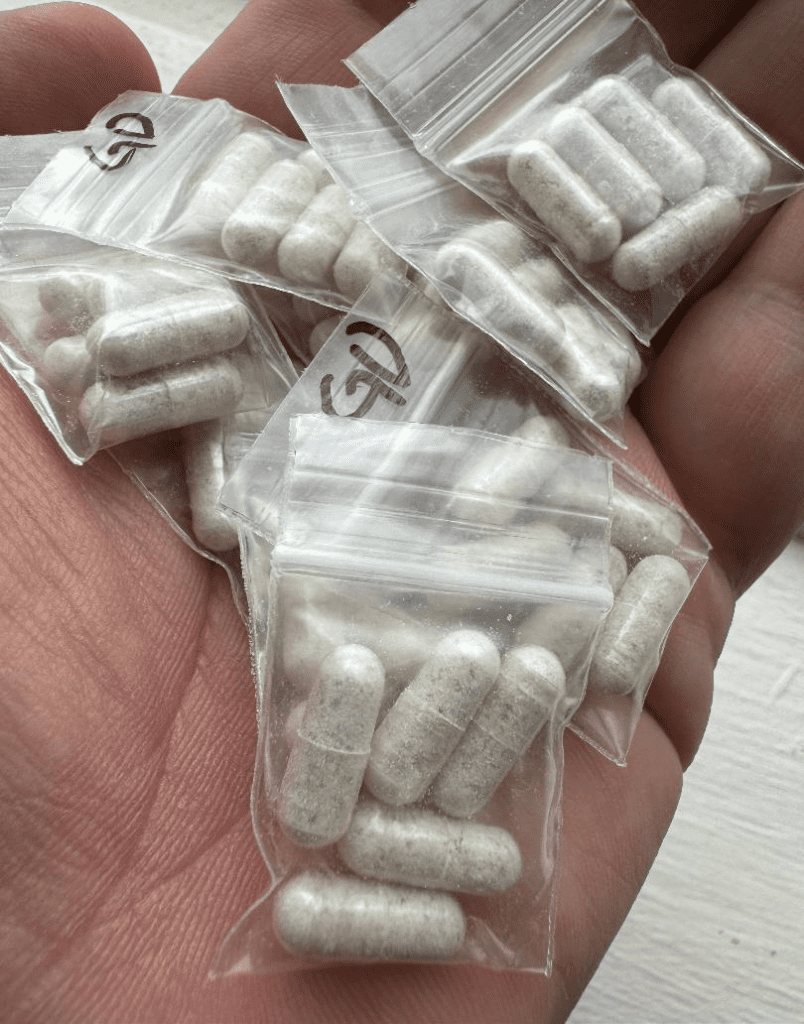
HEMPEARTH – Understanding Depression
Depression is a complex mental health condition that affects an individual’s mood, thoughts, and behavior. Symptoms can be diverse and can have a significant impact on the individual’s daily life and ability to function. It is essential to recognize the signs and symptoms of depression to know when to seek help. Depression is a condition that affects millions of people worldwide and can have a significant impact on an individual’s life. It can cause feelings of sadness, hopelessness, and despair, making it challenging to enjoy life and carry out daily tasks. Depression can also lead to physical symptoms, such as fatigue, changes in appetite or weight, and difficulty sleeping.
Symptoms of Depression
Symptoms of depression can vary from person to person but typically include persistent feelings of sadness or hopelessness, loss of interest in activities that were once enjoyable, changes in appetite or weight, fatigue or lack of energy, difficulty concentrating, and sleep disturbances.
It is important to note that depression is not just feeling sad or having a bad day. It is a serious condition that can affect every aspect of an individual’s life, including work, school, and relationships. If left untreated, depression can lead to more severe mental health conditions and even suicide.
Causes of Depression
Depression can be caused by a combination of genetic, biological, environmental, and psychological factors. It can also occur alongside other conditions such as anxiety, post-traumatic stress disorder (PTSD), and substance abuse.
Research has shown that individuals with a family history of depression may be more susceptible to developing the condition themselves. Biological factors, such as changes in brain chemistry and hormonal imbalances, can also contribute to the development of depression. Environmental factors, such as stress, trauma, and loss, can also trigger depression in some individuals.

What is MDMA?
MDMA (3,4-methylenedioxymethamphetamine) is a synthetic substance that alters mood and perception. It is commonly known as ecstasy or Molly and is primarily used recreationally at music festivals or nightclubs. However, MDMA has shown potential as a therapeutic tool when used in a controlled setting.
History of MDMA
MDMA was first synthesized in 1912 by the German pharmaceutical company Merck. It was initially developed as a precursor to another drug, but its psychoactive effects were not discovered until the 1970s. During this time, it was used by therapists as an adjunct to psychotherapy, as it helped patients open up and discuss difficult topics more easily.
Effects of MDMA on the Brain
MDMA works by increasing the levels of serotonin, dopamine, and norepinephrine in the brain. Serotonin is a neurotransmitter that regulates mood, while dopamine and norepinephrine are associated with pleasure and arousal. The increased levels of these neurotransmitters produce feelings of empathy, euphoria, and increased sociability.
MDMA also enhances the therapeutic relationship, making individuals more comfortable discussing difficult topics. This has led to its use in clinical trials for individuals with post-traumatic stress disorder (PTSD) and other mental health conditions.
How MDMA Can Help Anxiety/Depression

While MDMA has been primarily studied as a medical and therapeutic intervention for PTSD, there are many reasons (and some existing evidence) that make MDMA a powerful medicine experience when dealing with anxiety and/or depression disorders.
Some of the key reasons that MDMA can help with depression include:
Deep emotional processing
The MDMA experience puts individuals in a safe, receptive, open state – this allows them to go towards the memories and experience that may challenge or scare them, and to see them from a more compassionate perspective, and to reframe their story into a more loving and empowering one.
This deep emotional processing helps to resolve the root causes or generators of anxiety and depression. Over the long-run, MDMA helps provide individuals the strength and love they need to do the work they need to do to heal and move back towards wholeness themselves, on their own time.
Radically present gratitude
The entactogenic or empathogenic state that MDMA brings about is also very good at helping individuals see the beautiful and empowering parts of their current lives. Each breath, each opportunity, each friend or family member.
A deep reminder, and feelings of gratitude for the existing state of life can help break the thought patterns that so often accompany anxiety or depression. This brings individuals into the present in a positive manner, reducing the weight of the past or the uncertainty of the future. This momentary pattern-interrupt has both short-term mood benefits, and presents the opportunity for long-term beneficial behavioral change.
The Therapeutic Process
The therapy session typically lasts around eight hours, with the individual lying down and wearing an eye mask and headphones. A therapist sits nearby to provide support and guidance as the individual moves through different emotional states.
During the therapy session, the individual may experience a range of emotions, from euphoria to anxiety. The therapist helps the individual navigate these emotions and encourages them to explore their thoughts and feelings. The use of MDMA is believed to help individuals access difficult emotions and memories that may be difficult to access without the drug.
Integration of MDMA and Talk Therapy
The use of MDMA in therapy enhances communication, which can result in the discovery of previously unexpressed thoughts and emotions. The individual is encouraged to talk openly and honestly about their experiences, including any difficult emotions or traumatic events.
Clinical Studies on MDMA and Depression

Research has shown the potential of MDMA-assisted psychotherapy as a treatment for depression, leading to further investigation and ongoing clinical trials.
Depression is a debilitating mental health condition that affects millions of people worldwide. It can cause feelings of hopelessness, sadness, and loss of interest in activities that were once enjoyable. While traditional treatments such as antidepressant medications and talk therapy can be effective, they don’t work for everyone.
That’s where MDMA-assisted psychotherapy comes in. MDMA, also known as ecstasy, is a synthetic drug that alters mood and perception. When used in a therapeutic setting, it can help patients process difficult emotions and experiences in a safe and supportive environment.
Conclusion
The use of MDMA as a treatment for depression offers a new alternative to traditional treatment methods as early results are promising and offer hope to those struggling with this condition.







